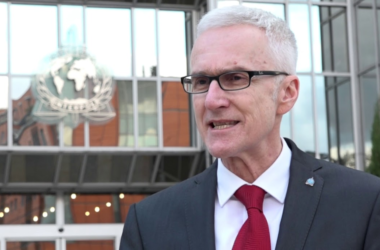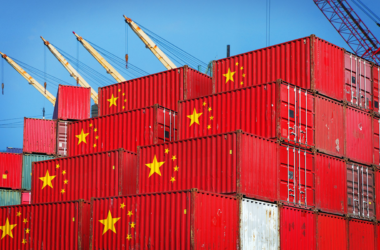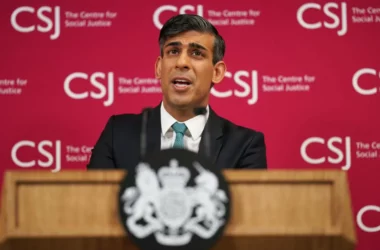In a significant move, Thailand’s Health Minister has declared intentions to outlaw the recreational use of cannabis by the conclusion of this year. This decision, disclosed amidst ongoing deliberations regarding the country’s cannabis regulations, signals a noteworthy shift in Thailand’s stance towards the substance.
The announcement, made by the Health Minister during a press conference held in Bangkok, has sparked widespread discussions and drawn varied reactions from stakeholders across the nation. With Thailand being one of the few countries in Southeast Asia to have legalized medical cannabis in recent years, the decision to impose a ban on recreational usage reflects a nuanced approach towards drug policy within the region.
According to the Health Minister’s statement, the decision to prohibit recreational cannabis usage stems from concerns regarding its potential adverse effects on public health and social order. While acknowledging the growing global trend towards cannabis legalization and decriminalization, Thai authorities remain cautious about the implications of unrestricted recreational usage within their society.
The proposed ban comes as part of broader efforts by Thai authorities to regulate the burgeoning cannabis industry and address potential loopholes in existing legislation. Since legalizing medical cannabis in 2018, Thailand has witnessed a surge in interest and investment in the sector, with numerous companies vying for a stake in the emerging market. However, alongside the opportunities presented by the legalization of medical cannabis, concerns have also arisen regarding the potential for misuse and abuse of the substance.
In response to these concerns, the Thai government has been working to establish a comprehensive regulatory framework that balances the promotion of medicinal cannabis research and industry development with measures to prevent illicit activities and safeguard public health. The proposed ban on recreational cannabis usage represents a crucial component of these efforts, aimed at mitigating the risks associated with widespread access to the substance.
While the announcement has drawn criticism from some quarters, with proponents of cannabis legalization arguing for a more liberal approach to drug policy, others have welcomed the government’s decision as a necessary step towards ensuring responsible cannabis use. Advocates for stricter drug control measures cite concerns about the potential for increased drug dependency and addiction rates, particularly among vulnerable populations.
In addition to the regulatory challenges posed by recreational cannabis usage, Thai authorities are also grappling with the issue of cannabis tourism, with reports of foreigners visiting the country specifically to indulge in cannabis-related activities. The proposed ban on recreational usage is seen as a means of curbing such practices and reaffirming Thailand’s commitment to upholding international drug control conventions.
As Thailand prepares to implement the ban on recreational cannabis usage, stakeholders are closely monitoring developments and awaiting further details regarding the specific provisions and enforcement mechanisms that will be put in place. While the decision represents a significant policy shift, it also underscores the complexities inherent in balancing competing interests and priorities within the realm of drug policy.
In conclusion, Thailand’s announcement to ban recreational cannabis usage by the end of the year marks a significant development in the country’s approach to drug regulation. Amidst growing concerns about the potential risks associated with unrestricted cannabis access, Thai authorities are taking proactive measures to safeguard public health and uphold social order. As the nation navigates the complexities of cannabis regulation, the forthcoming ban signals a commitment to striking a balance between promoting industry development and mitigating potential harms associated with cannabis use.








